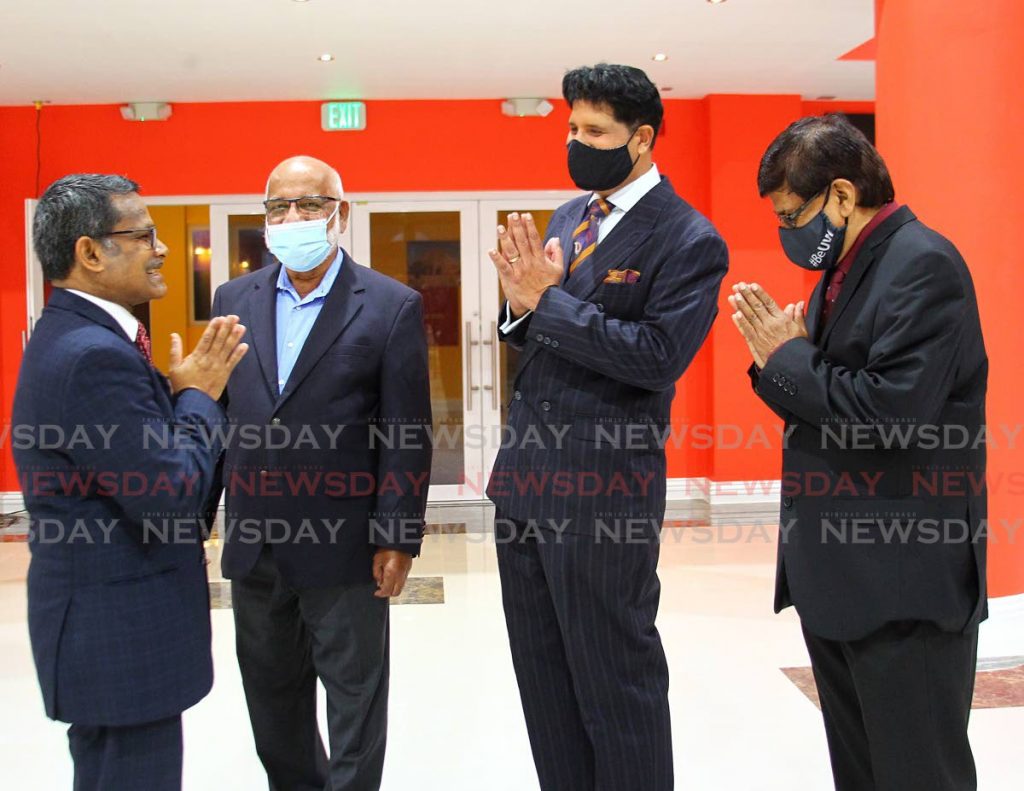Race-relations tension still a problem

HIGH Court Judge Frank Seepersad has urged the country’s leaders to confront issues of racial tension and division through constitutional reform.
Speaking at the Indian High Commission’s Constitution Day seminar at the Mahatma Gandhi Cultural Cooperation Institute in Mt Hope, on Thursday evening, Seepersad said some aspects of India’s political model could benefit TT if adopted and urged local leaders to consider the country’s constitution when discussing reform.
He also attributed India’s growth over the past seven decades to a strong political and legislative framework and noted that while TT and India were both multi-cultural societies, India had a much stronger national identity among its citizens and believed a more robust constitution would address division and inequity.
“In this society we have not been able to foster a sense of oneness, we-ness or Trinbagonian-ness that characterises the life of every Indian citizen.
“This year has demonstrated how divided and fractured we are. Far too many view the state from a myopic perspective of entitlement with no or limited regard to the accompanying responsibilities which complete the social contract.
“It will be rather disingenuous and counterproductive if as a society we continue to advocate that race relation tensions are confined to electoral periods. We have a problem and we must frontally address it.”
Seepersad also suggested that constitutional reform should extend the powers of TT’s President to allow for more oversight in national affairs.
Citing provisions in India’s constitution that allows their President to appoint an Attorney General, he said such a mechanism in TT would greatly enhance the strength and independence of the Attorney General’s office.
“It is imperative that a constitutional framework enables the office holder to act as an advocate for and on behalf of people as opposed to advocate for possible political concerns and agendas.
‘’These extensive powers conferred to the President of India serves to cement in the hearts and minds of the Indian people that the President is more than just a symbolic head of state and the office holder acts as an apolitical guardian of the democracy and the constitution.”
Seepersad said such reform to TT’s constitution would only serve to develop the nation as it would also cut ties with the lingering impacts of colonialism by giving people more power.


Comments
"Race-relations tension still a problem"